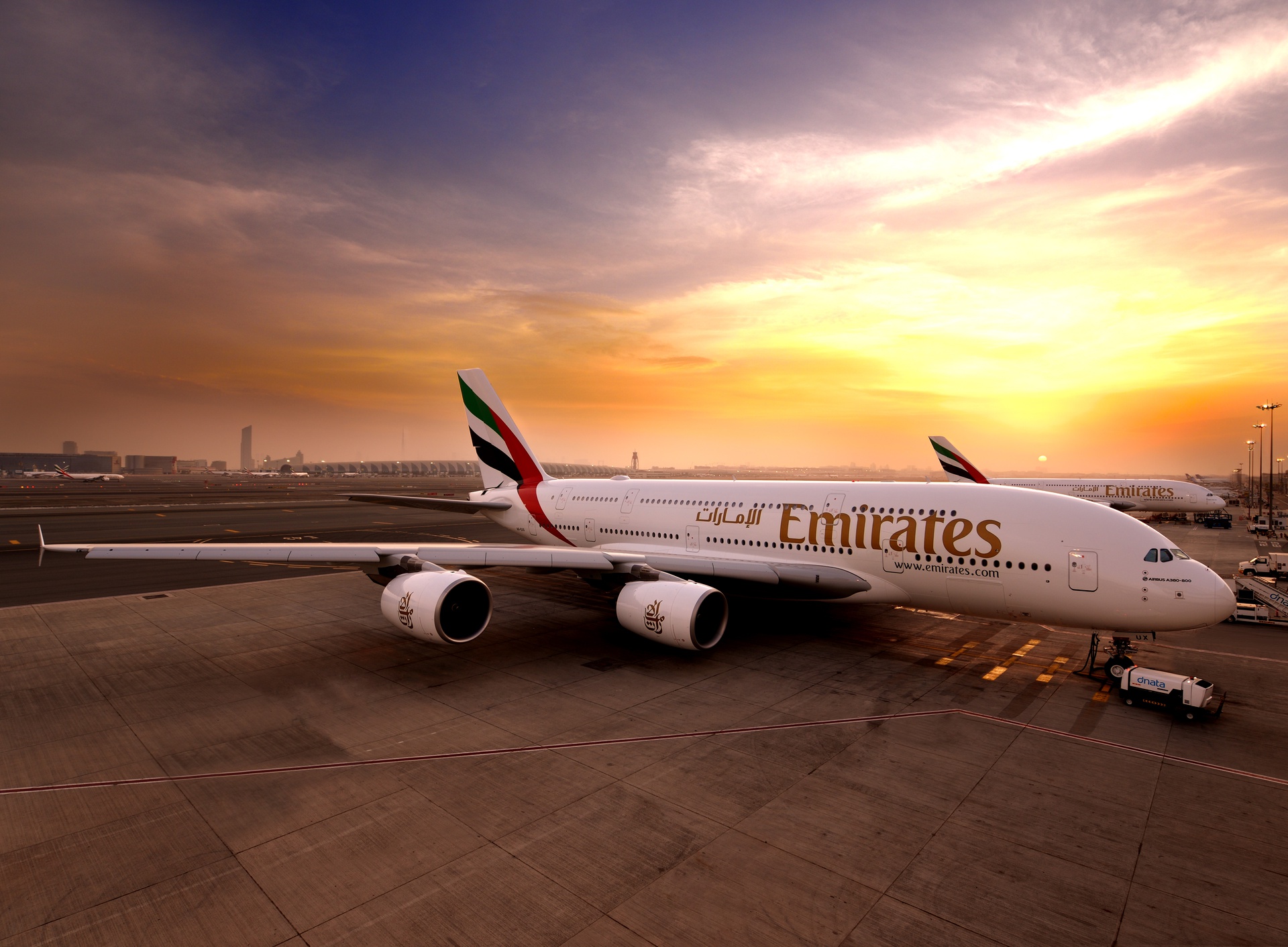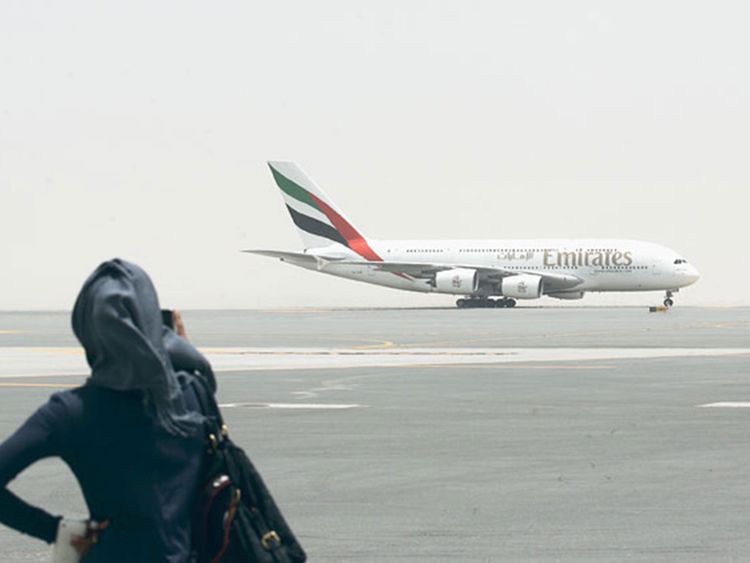“I think probably by the year 2022/23, 2023/24 we will see things coming back to some degree of normality,” Tim Clark, Emirates Airlines’ departing president said in an interview with John Strickland. The Dubai-based airline is going through its most difficult time in its 35-year history, according to the airline itself as it faces painful cuts in staff amid evaporated demand.
Airlines crash
An effective and widely distributed vaccine remains the only hope for Emirates as it faces the same issues as airlines worldwide. Enforcing social distancing on airplanes would be economically impossible according to Clark, which leaves only the mandating of masks and gloves for all passengers as feasible COVID-19 preventive measures.
Emirates is facing the same turbulent market as its competitors as passenger numbers have fallen drastically. Current US flights account for only 9.7% of the usual passenger numbers and most international flights globally are limited to repatriation journeys. The airline industry faces historic insecurity as much still remains unclear about the near future.
Mass layoffs
All airlines have made drastic cuts to their staff numbers. In the US, the airline industry’s multi-billion dollar bailout package barred layoffs. On October 1 the ban will expire and US airlines are expected to cut one third of all jobs in the sector.
“We have a lot of cash today, but we burned through about almost a billion dollars in the month of April as an example,” Southwest CEO Gary Kelly told CNN. “So you do the math in your head and you just can’t survive that way.”
Prices of planes drop
Before the crisis the world’s two airplane manufacturers enjoyed the fruits of their de-facto monopoly. Long waiting lists and outstanding orders meant that even Boeing’s 737 Max scandal posed little risk to the two industry giants.
But in the midst of a severe slump in passenger demand, airlines are no longer clambering for new aircraft which is causing lower prices for planes and a waning of the dominance that Airbus and Boeing have exerted over their customers for decades.
Long-haul plans
Before the COVID-19 pandemic hit the industry, many airlines were experimenting with extreme long-haul flights. Australian airline Qantas in November tested a 19-hour flight from London to Sydney in an effort to bypass transit hubs such as Dubai or Doha. Airlines had seen the plans as the “last frontier,” according to Qantas CEO Alan Joyce.
But the plans have now been shelved. Joyce announced in May that Qantas postponed the plans indefinitely. “The time is not right now,” the CEO told reporters. For transit hubs that function as a link between shorter flights, like those in the UAE and Qatar, the shift in trends could mean their flagship airports continue to be relevant for the foreseeable future.
The industry has put its hopes in a rapidly developed vaccine. Emirates CEO Tim Clark is counting on some recovery in 2021 on the back of a “widely available vaccine,” although he claimed that Emirates does not expect to return to “some degree of normality” until the year of 2022/23 or 2023/24. If or when a vaccine becomes a reality, Emirates could see a quick recovery, but that hope depends on a yet non-existing solution over which the airline industry has no control.




